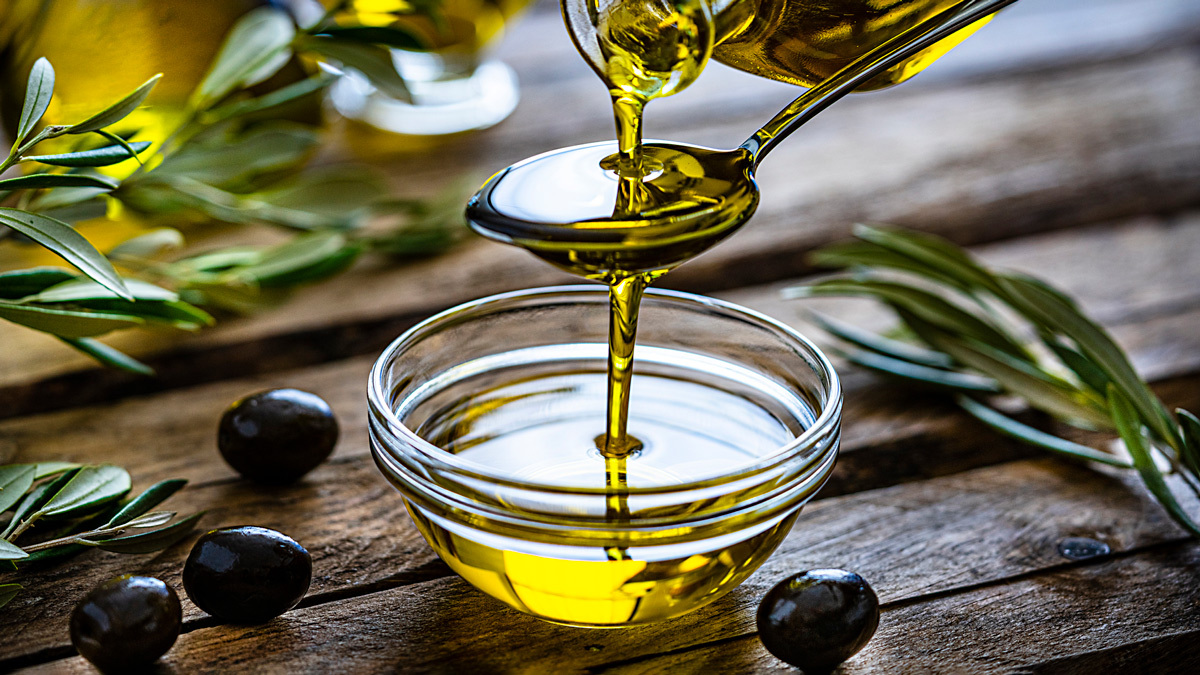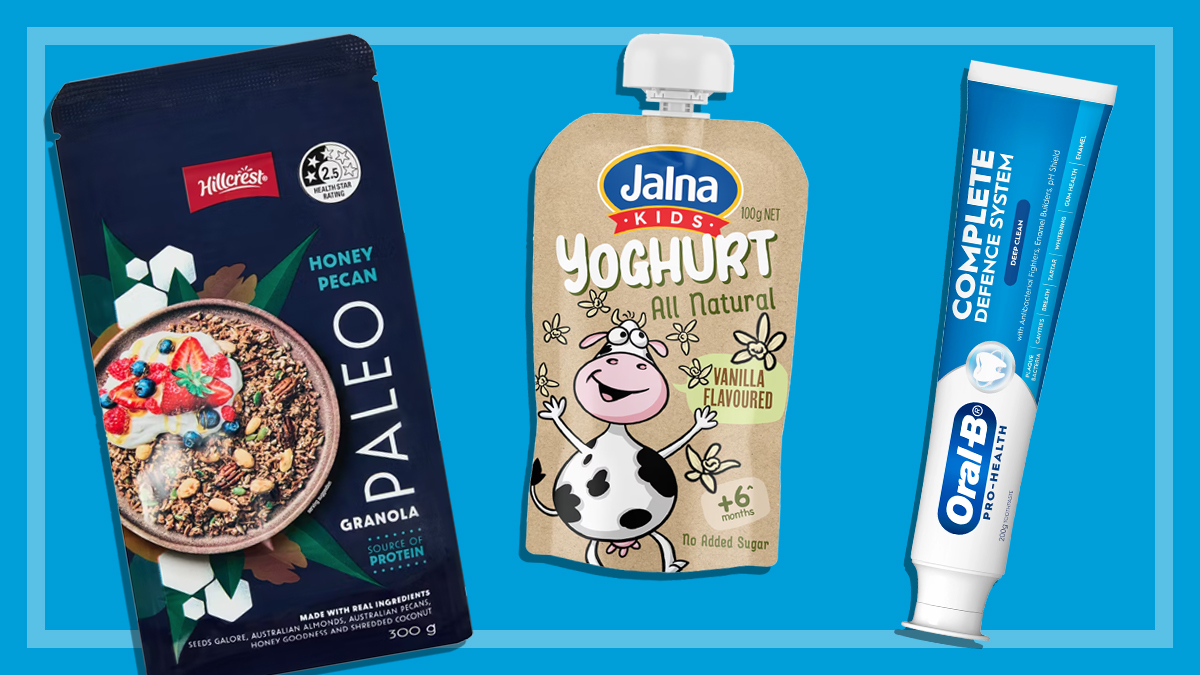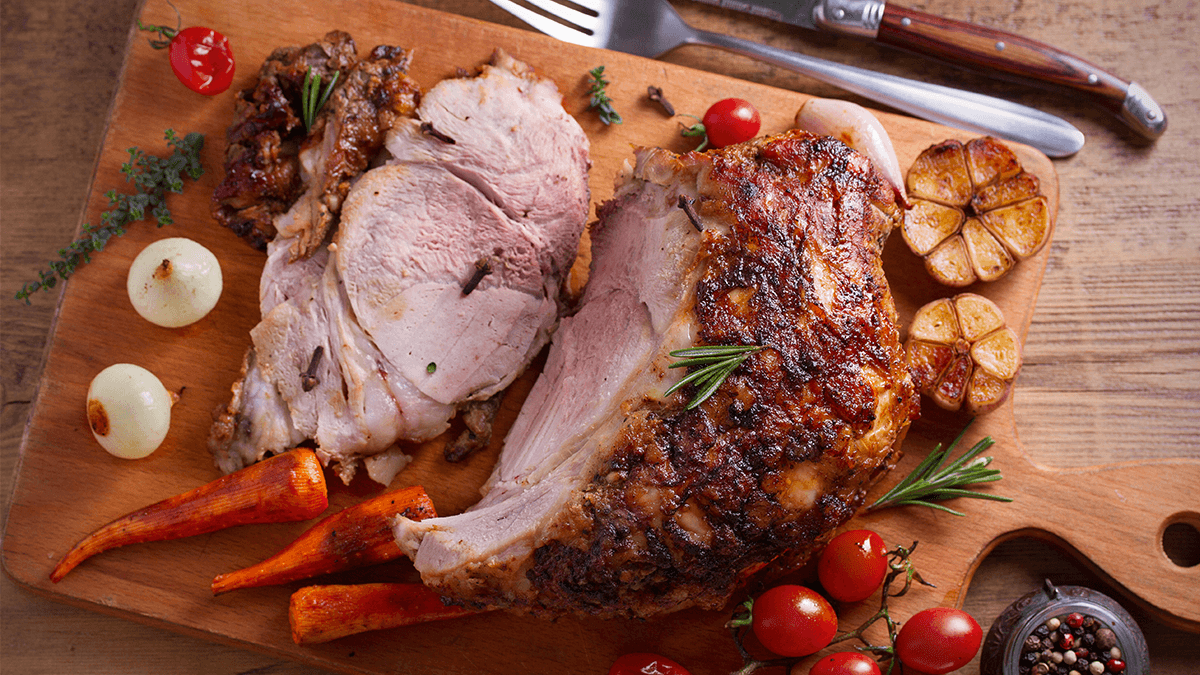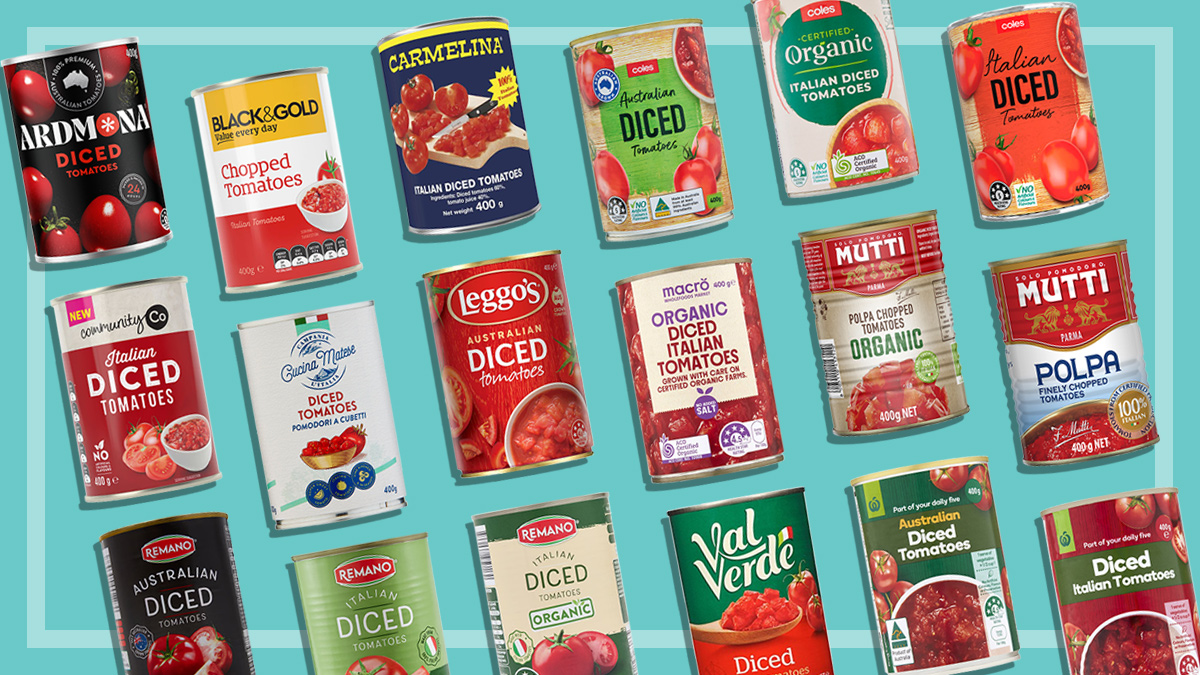Get our independent lab tests, expert reviews and honest advice.
Is avocado oil good for you?
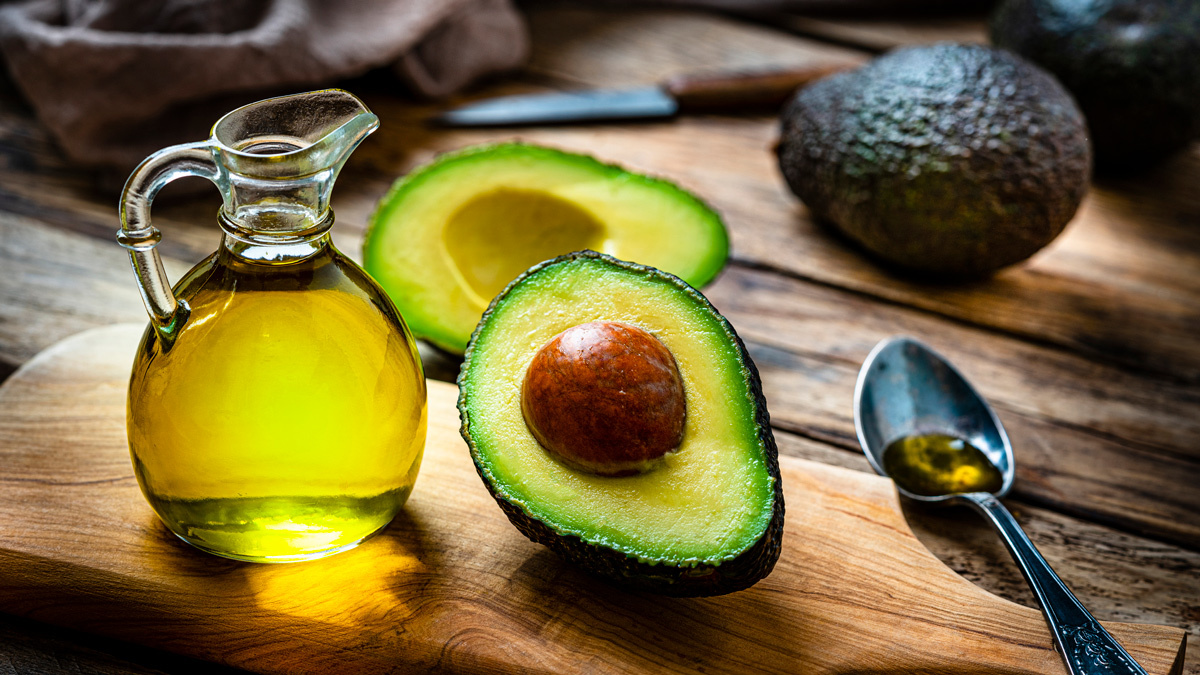
There’d be very few Australians, in the past 30 years at least, who haven’t been raised on avocados. From the moment we can swallow solid food, in goes a spoonful of mashed avo, and we continue the habit fairly regularly from that moment on.
Yet far fewer of us use the fruit’s oil as liberally in our diet. But lately, avocado oil has been touted as a strong contender for ‘the healthiest oil’ crown, with many of the same benefits as its olive-extracted counterpart.
So what is avocado oil, exactly? Is it worth adding to your oily arsenal? We investigate to see just how versatile and virtuous it is.
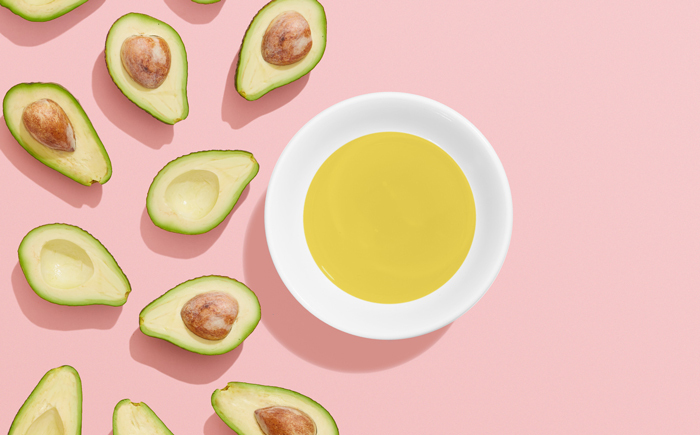
What is avocado oil?
We’re all acquainted with avocado as a breakfast staple, preferably smashed and smothered over toast, but you may be less familiar with the fruit’s oil.
Pressed from the flesh of the avocado (which is actually a berry, botanically speaking), this oil is rich in good fats and can be used in everything from bolognese to DIY beauty treatments.
Although it’s not the kitchen staple that olive oil is, avocado oil has many of the same benefits. Look for the words ‘cold pressed’ or ‘extra virgin’ on the label. Be aware that further refinement, using heat or chemicals to extract the oil, can affect flavour and nutritional value.
Is it good for you?
Dr Anika Rouf, an accredited practising dietitian and spokesperson for Dietitians Australia, says we still have much to learn about avocado oil.
“Avocado oil is not as widely researched as extra virgin olive oil (EVOO), so we don’t know the full extent of its clinical benefits yet,” she says. “But what we do know is that it has a very similar fatty acid profile to EVOO.”
Avocado oil is not as widely researched as extra virgin olive oil, so we don’t know the full extent of its clinical benefits yet
Dr Anika Rouf, Dieticians Australia
About 70% of the oil in an avocado is monounsaturated, with the main one being the omega-9 fatty acid known as oleic acid, which some studies have linked to good heart health. It’s rich in antioxidants too, which fight free radicals.
There have also been studies purporting that eating avocado or avocado oil (and also olive oil, which has a very similar oleic acid content to avocado oil) increases the bioavailability of carotenoids. This means the fat content of an avocado helps your body absorb nutrients from other fruit and veg such as carrot, watermelon and tomato.
What are the possible health benefits?
Although it’s still hard to say definitively that avocado oil is healthy without further larger-scale research, some studies suggest that it appears to aid the following:
Heart health
The unsaturated fatty acids in avocado oil are linked to good cardiovascular health because they tend to reduce the amount of blood LDL cholesterol when they replace saturated fats in the diet.
Osteoarthritis
A complex mix of extracts from avocado oil and soybean oil, known as ASU, may help reduce the severity of pain associated with osteoarthritis of the knee.
Skin
Used both topically (directly on the skin) and as part of an everyday diet, avocado oil has been associated with healthier-looking skin due to its vitamins A and E, fatty acids and antioxidants.
Eyes
Avocado oil is rich in lutein, an antioxidant and carotenoid found in your eyes, and high in monounsaturated fats. Diets rich in these fats have been shown to protect against age-related eye dysfunction and to aid the absorption of lutein and other carotenoids.
Minimising free radicals
Apart from lutein, avocado oil also has lots of other antioxidants. Antioxidant-rich foods can help minimise the damage done to your body by free radicals, which, over time, may lead to heart disease and cancers.
Is all avocado oil the same?
In a word, no. Standards for what constitutes quality cold-pressed extra virgin avocado oil have been proposed, but there’s currently no regulating body to make sure those standards are met.
“Avocado oil is characterised as a mainly monounsaturated oil, with an adequate proportion of polyunsaturated fatty acids, similar to olive oil,” says Dr Rouf.
“But the composition and quality of the avocado oil depends on the origin, weather conditions, variety and extraction methods.”
How much should we be eating?
As with any food in your diet, moderation is always the best practice. Avocado oil is mostly fat, after all.
“It’s a type of good fat, but it’s still a fat at the end of the day, which means that it’s high in calories,” says Dr Rouf. “It can be a part of a healthy diet, but having too much will cause weight gain and it’s best to use in smaller quantities, particularly if you are looking to lose weight.
As with any food in your diet, moderation is always the best practice. Avocado oil is mostly fat, after all
“When it comes to fats, we want to aim to increase the unsaturated fats in our diet, while lowering our saturated and trans fats intake. This is because unsaturated fats help to look after our cholesterol levels and provide health benefits to our skin, eyes and brain.”
Australian Dietary Guidelines
Australian Dietary Guidelines recommend an average allowance of two to four serves of unsaturated spreads and oils a day, with a serve size of monounsaturated or polyunsaturated oil (e.g. avocado, olive, canola or sunflower oils) being 7g – a little more than a teaspoon.
When cooking, it’s best to use no more than one teaspoon per person, as fats are high in energy/calories.

How to cook with avocado oil
Avocado oil is different from extra virgin olive oil in that it tends to have a subtler, more neutral flavour, and a creamier mouthfeel. Some say this makes it better for adding to soups and cooking delicately flavoured foods, such as sweets.
But you can use it in similar ways to olive oil too, adding it to everything from dips and marinades to salads and cooked meats.
What else can you do with avocado oil?
Like olive oil, avocado oil has moisturising properties that make it just as useful in your beauty case as your culinary cache. Try these beauty ideas for supple skin and scalp.
As a bath oil
Mix a few teaspoons of your extra virgin avocado oil with your favourite bath oil for silky skin.
To moisturise
Rather than lathering yourself in thick cream, simply apply a few teaspoons of avocado oil all over your body for completely natural hydration.
Scalp saviour
To help lift dry skin off your scalp, gently heat avocado oil by placing ¼ cup in a glass jar and setting in a pot of boiled water. Massage the oil into your scalp and leave for a few hours or overnight before washing out.
Muscle up
Relieve tension with a few spoonfuls of avocado oil and a willing amateur masseur or masseuse. No need to wash the oil off afterwards – let it soak in to moisturise your skin.
Smooth as a baby’s bottom
If you’re trying to avoid baby creams with harsh ingredients, try using avocado oil on nappy rash or for babies with dry skin on their scalps and bodies. Just be sure to do a patch test first to make sure your little one can tolerate the oil.
Shine your shoes
Avocado oil can also be used for restoring leather products, such as shoes and bags. After all, leather is just really dry animal skin!
Rust away
Rub a little avocado oil into metal tools to prevent rust. You can also use it as a lubricant to grease squeaky doors and loosen stuck zips.

